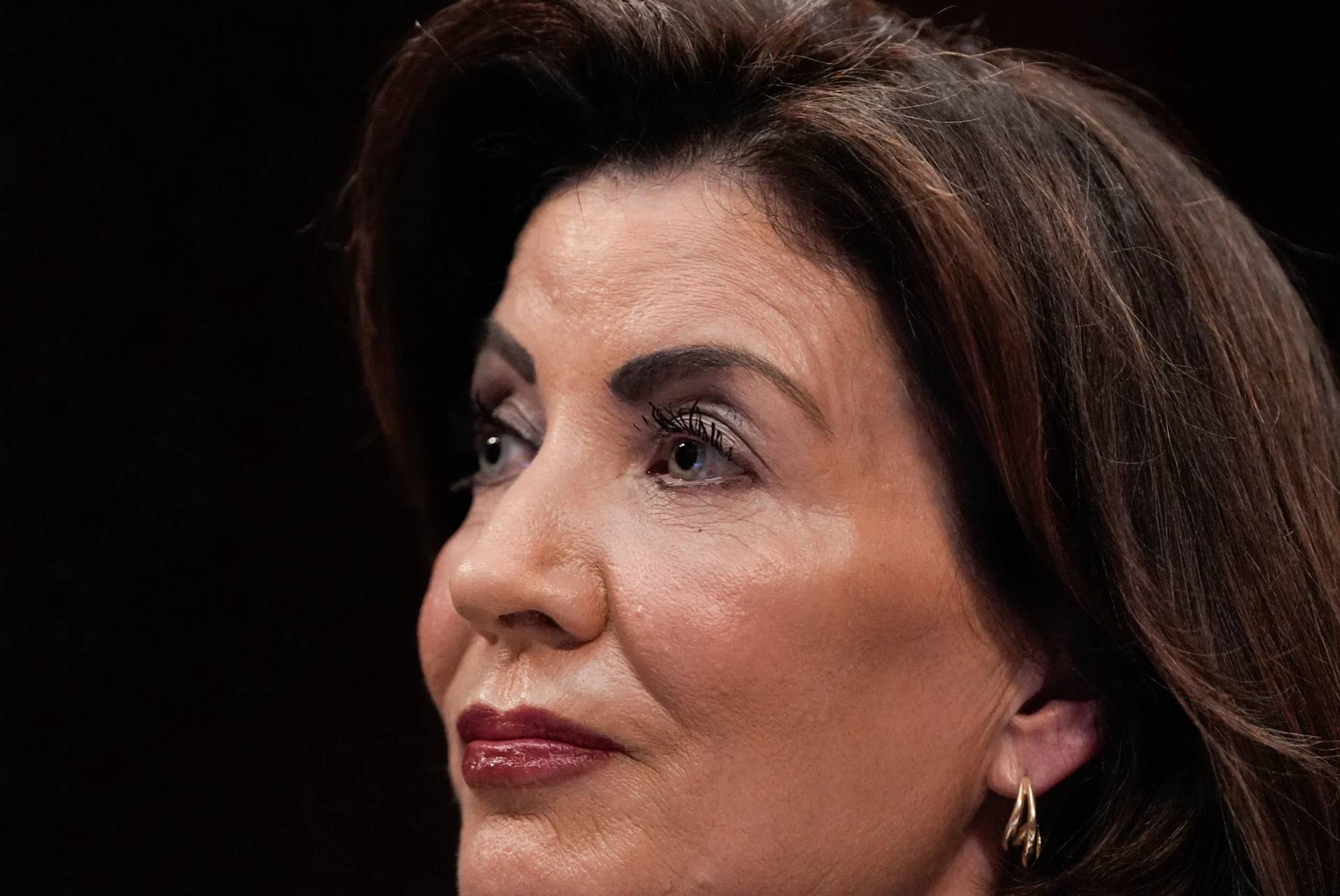WASHINGTON, D.C. — Calling health care “a vital concern for nearly every person in the country,” the U.S. Catholic bishops said March 8 they will be reviewing closely a measure introduced in the House of Representatives March 6 to repeal and replace the Affordable Care Act.
“Discussions on health care reform have reached a level of intensity which is making open and fruitful dialogue difficult, even while most people recognize that improvements to the health care system are needed to ensure a life-giving and sustainable model for both the present and future,” said a letter to House members signed by the chairmen of four U.S. bishops’ committees.
“Given the magnitude and importance of the task before us, we call for a new spirit of cooperation for the sake of the common good,” they wrote.
The letter was signed by Cardinal Timothy M. Dolan of New York, chairman of the U.S. Conference of Catholic Bishops’ Committee on Pro-Life Activities, Archbishop William E. Lori of Baltimore, chairman, Ad Hoc Committee for Religious Liberty; Bishop Frank J. Dewane of Venice, Florida, chairman, Committee on Domestic Justice and Human Development, and Bishop Joe S. Vasquez of Austin, Texas, chairman, Committee on Migration.
Main provisions of the new House bill include: eliminating the mandate that most individuals have health insurance and putting in its place a new system of tax credits; expanding Health Savings Accounts; repealing Medicaid expansion and transitioning to a “per capita allotment”; prohibiting health insurers from denying coverage or charging more money to patients based on pre-existing conditions; and cutting off funds to Planned Parenthood clinics.
The Catholic Health Association in a March 7 statement said it “strongly opposed” the House repeal and replace measure, saying it “asks the low-income and most vulnerable in our country to bear the brunt of the cuts to our health system.”
It pointed to the proposal to cap federal financing of Medicaid, which is a state-federal program; to eliminate cost-sharing subsidies for low-income people and create “barriers to initial and continuing Medicaid enrollment.”
CHA said the provision on pre-existing conditions would come with a 30 percent monthly premium surcharge for a year “should they have a lapse in coverage.”
Its vision for health care in the U.S. “calls for health care to be available and accessible to everyone, paying special attention to poor and vulnerable individuals,” the CHA statement said.
In their letter, the Catholic bishops called on lawmakers to consider moral criteria as they debate the measure, including: respect for life and dignity; honoring conscience rights; access for all; a plan that is “truly affordable … comprehensive and high quality.”
“Any modification of the Medicaid system as part of health care reform should prioritize improvement and access to quality care over cost savings,” they said.
The U.S. Catholic Church, the bishops said, “remains committed to the ideals of universal and affordable health care, and to the pursuit of those ideals in a manner that honors” the moral criteria they outlined.
Health care is not just another issue, but a “fundamental issue of human life and dignity” and “a critical component of the Catholic Church’s ministry,” they added.
The U.S. bishops have advocated for universal and affordable health care for decades and they supported the general goal of the Affordable Care Act, which was passed in 2010, but the bishops ultimately opposed the law because it expanded the federal role in abortion and failed to expand health care protections to immigrants.














